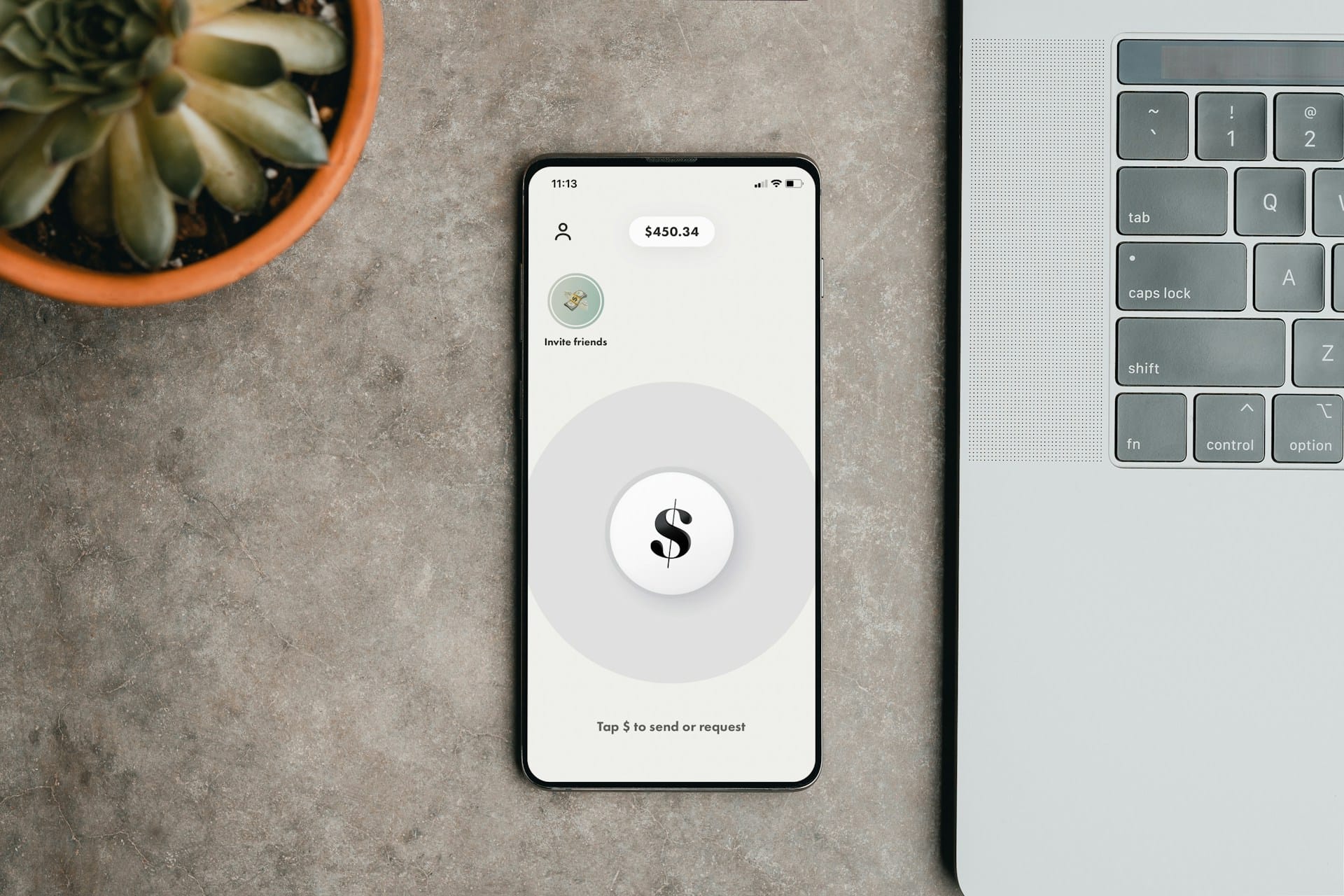Have you ever started a home improvement project thinking you'd knock it out in a few hours on a Saturday morning, only to find yourself still working Sunday evening with no end? Where did the time go? If you could go back and do an audit of your time over the weekend, you might find you spent less time working than you thought. On the other hand, you may also find that several unforeseen problems arose, and your hard work wasn't enough to complete it.
The same is true at work. While we'd like to believe we're all efficient and productive during work hours, that's not always true. But tracking work hours by completing a time audit can help small businesses discover where they're losing efficiency and productivity and find ways to improve.
What is Time Audit
A time audit is a way to determine precisely how you and your employees spend working hours. If you ask an employee what they worked on in the past week, they probably won't remember every single task or how much time they spent on each one. But if you track employee work hours and the tasks they completed by doing a time audit, you'll be able to see exactly what they worked on and how much time it took.
How Time Audit Could Help you Grow your Small Business
Time management is critical in growing your business, but you can't manage time well if you don't know how it's being spent now. Completing a time audit can help you grow your business in several ways.
Increase efficiency
Is communication overload sucking time from your company because employees are spending too much time answering emails or in meetings? Are two people working on the same tasks when one person handling it could be more efficient? Time audits will show you where your business is inefficient. And once you have the results of tracking work hours, you can implement changes to increase efficiency.
Increase productivity
We all want to be more productive, but there are only so many hours in the day. However, minor tweaks to how we spend those hours can help us find we have more time than we thought. Sometimes it's as small as changing the time of day we work on specific tasks. In contrast, other times, implementing productivity tips after you complete a time audit can significantly impact the number of tasks completed.
More effective resource allocation
Humans are notoriously bad at estimating how long tasks will take. This phenomenon is called the planning fallacy, and as a small business owner, it can cost you time and money and upset customers when projects take longer than planned. You can better estimate how long projects will take by tracking employee hours and tasks with a time audit. And if your audit shows that specific tasks are taking longer than planned, you can allocate resources accordingly to help keep your projects on track.
How to Do a Time Audit Right
While a time audit can give you valuable insight into how your time is spent at work, this data is helpful if you do the time audit correctly. Here are a few steps you need to take to ensure you're getting the most out of your time audit.
Choose a time wisely
To do a time audit properly, you'll need to track work hours during a typical week. Do it while you don't have staff on vacation or during very slow or very busy seasons of work. This will give you the most accurate picture of what your employees typically do. It's not helpful if everyone is scrambling to complete a big project or if several team members are on vacation! It's also beneficial to do it during a whole week, rather than only on a specific day. This gives you a more well-rounded view of your weekly workflow.
Track daily work hours
Once you have a time frame, you'll need to track daily work hours using time tracking software. This software simplifies the tracking process, even if you have employees working remotely or at other office locations. Everyone can use the same tool to track their time, and you can easily access the information, even in real-time.
Include task tracking
In addition to your daily work hours, make sure you track the time spent on individual tasks. Software that pairs with apps like Asana or Trello can make it easier to pair work hours with tasks, giving you even more data to use in your audit. If you don't use team management software, employees can make notes in the time tracking software to help keep track of what they were working on.
Everyone needs to do the time audit
Every employee should log hours and track their tasks. This means everyone from the small business owner to managers and employees should participate. You're looking for areas where your company as a whole can improve, and you can't do this without complete data.
Time Audit Next Steps
You've completed your time audit, and now you know what each employee worked on this week and how long they spent in each area. How do you leverage the audit insights in your business?
Look for time sinkholes
Where are employees losing time? This could be multiple meetings about the same project, which could be consolidated into one session, or a meeting that could go out to employees as a memo instead. Another time suck can be disruptions such as responding to emails multiple times daily. If responding to email isn't a top priority, scheduling set times to check email (for example, once in the morning and once in the afternoon) could help productivity. Switching tasks takes brainpower, and if employees respond to email eight times a day, it could result in lost work hours.
Rearrange schedules
Most of us have times of the day where we're most productive and other times where energy is flagging and tasks aren't completed as quickly. Help employees find the most productive times and try to work on the most challenging tasks during these times. This has the benefit of maximizing work hours and prioritizing the most challenging projects while saving the more straightforward projects for times when it might be more difficult to work.
Reallocate resources and tasks
Your time audit may surprise you by showing that certain employees shine on particular tasks. You can consider rearranging workloads to give more of that task to the employee who does it exceptionally well. On the other hand, when you find that specific tasks are taking much longer than anticipated, you can allocate more time to those tasks in your project budget or even consider hiring additional staff to help bear the workload.
Maximizing productivity isn't possible until you learn how to do a time audit and use the results to improve employees' time at work. Although it might seem like one more task for employees to do, using time tracking software can make it simpler by giving you the data you need to help you grow your small business.







